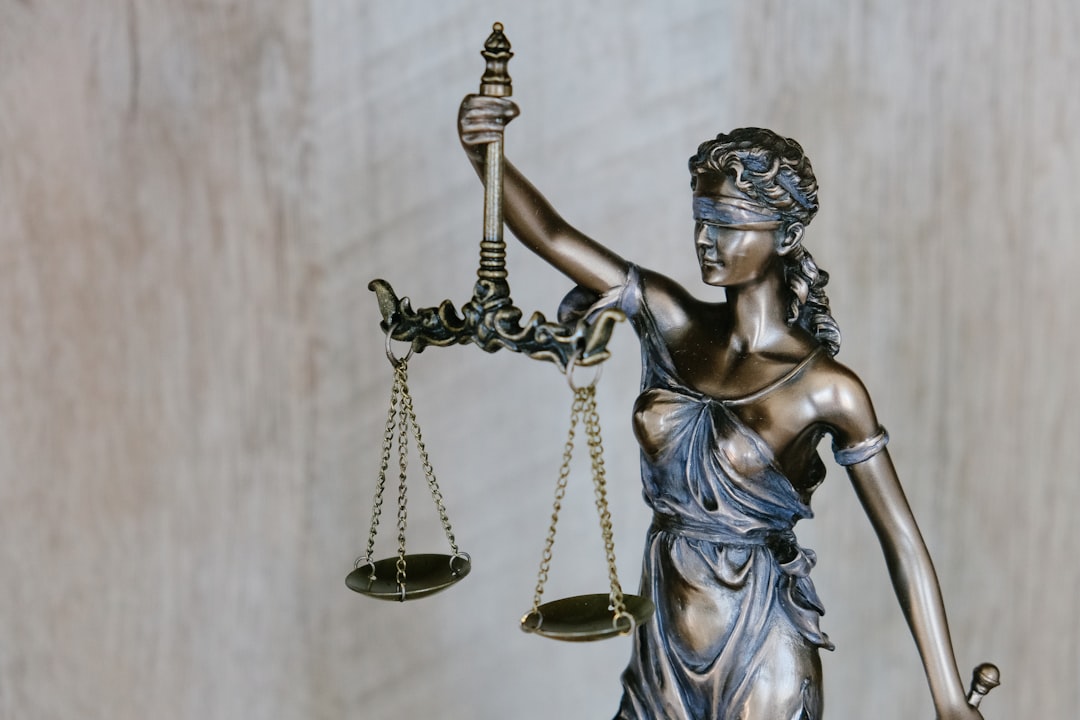“In Connecticut, effective legal solutions for assault cases are pivotal to ensuring justice and support for victims. This comprehensive guide delves into the intricate web of assault laws, offering a detailed look at sexual assault cases and the crucial role a skilled sexual assault lawyer plays. Understanding your rights and resources is essential, especially in navigating complex legal procedures.
Learn about strategic tips for building a strong case, empowering you to take charge and seek the justice you deserve with the help of a Connecticut sexual assault lawyer.”
Understanding Assault Laws in Connecticut: A Comprehensive Guide

In Connecticut, understanding assault laws is crucial for victims seeking justice and closure. Assault is an umbrella term covering various forms of unwanted physical contact or threats, with distinct classifications based on severity and intent. Sexual assault lawyer Connecticut experts emphasize that these laws are designed to protect individuals from unwelcome and harmful actions.
The state’s legal framework provides clear guidelines on what constitutes assault, including simple assault, aggravated assault, and sexual assault. Each category has specific requirements for prosecution, with penalties escalating accordingly. A sexual assault lawyer Connecticut residents trust can guide victims through this complex process, ensuring their rights are protected throughout the legal journey.
Navigating Sexual Assault Cases: The Role of a Skilled Lawyer

Navigating Sexual Assault Cases requires an experienced and knowledgeable legal professional who specializes in such sensitive matters. A skilled sexual assault lawyer in Connecticut plays a pivotal role in guiding victims through the complex legal process, ensuring their rights are protected. They possess in-depth knowledge of state laws pertaining to sexual offenses, which is essential for building a robust defense or prosecuting the case effectively.
These lawyers offer crucial support, from gathering and preserving evidence to managing potential media attention. Their expertise includes handling various aspects, including medical care, law enforcement interactions, and court proceedings. With their guidance, victims can focus on healing while they leave the legal intricacies to a professional who will advocate for justice and a fair outcome.
Legal Rights and Resources for Victims of Assault in CT

In the event of an assault, victims in Connecticut have specific legal rights and resources available to them. The first step is to seek medical attention and report the incident to local law enforcement. Once reported, victims can expect support from authorities and potentially qualify for protection orders against their assailants. State laws also provide for financial compensation through civil lawsuits, especially in cases of sexual assault or physical injury. These legal options are designed to not only hold perpetrators accountable but also offer a sense of justice and closure to those affected.
Victims may choose to consult with a sexual assault lawyer Connecticut to understand their rights fully and navigate the legal process effectively. Such attorneys specialize in handling assault cases, offering guidance on pressing charges, dealing with insurance claims, and ensuring victims receive fair compensation. They play a crucial role in supporting survivors through what can be an emotionally challenging and complex legal journey.
Strategies for Building a Strong Case: Tips from a Connecticut Sexual Assault Lawyer

When navigating a sexual assault case in Connecticut, building a strong legal strategy is paramount. A seasoned Connecticut sexual assault lawyer can offer invaluable guidance and insights to help victims secure justice. One crucial tip is documenting every detail of the incident—from the time, place, and people involved to any physical evidence or witness statements. This comprehensive record forms the backbone of your case.
Additionally, a legal professional will advise victims to preserve all relevant evidence, such as medical records, photographs, and digital media, which can serve as compelling proof in court. They emphasize the importance of timely reporting to law enforcement and documenting any interactions with authorities to ensure a solid chain of custody for evidence. These strategies, combined with expert legal advocacy, empower survivors to pursue justice and hold perpetrators accountable.






